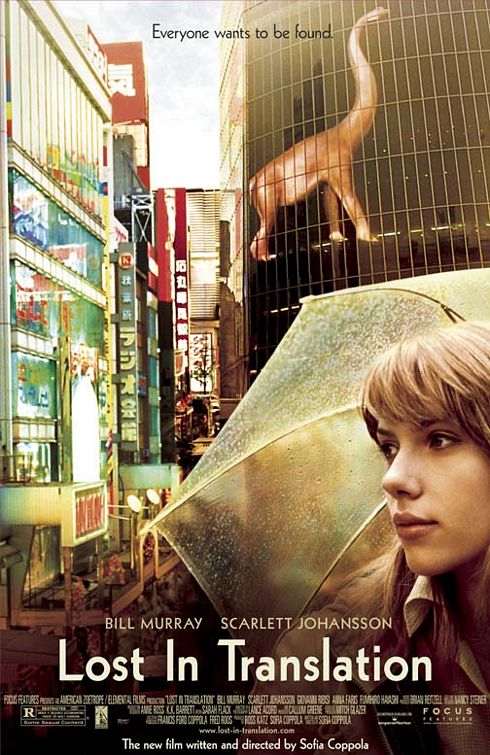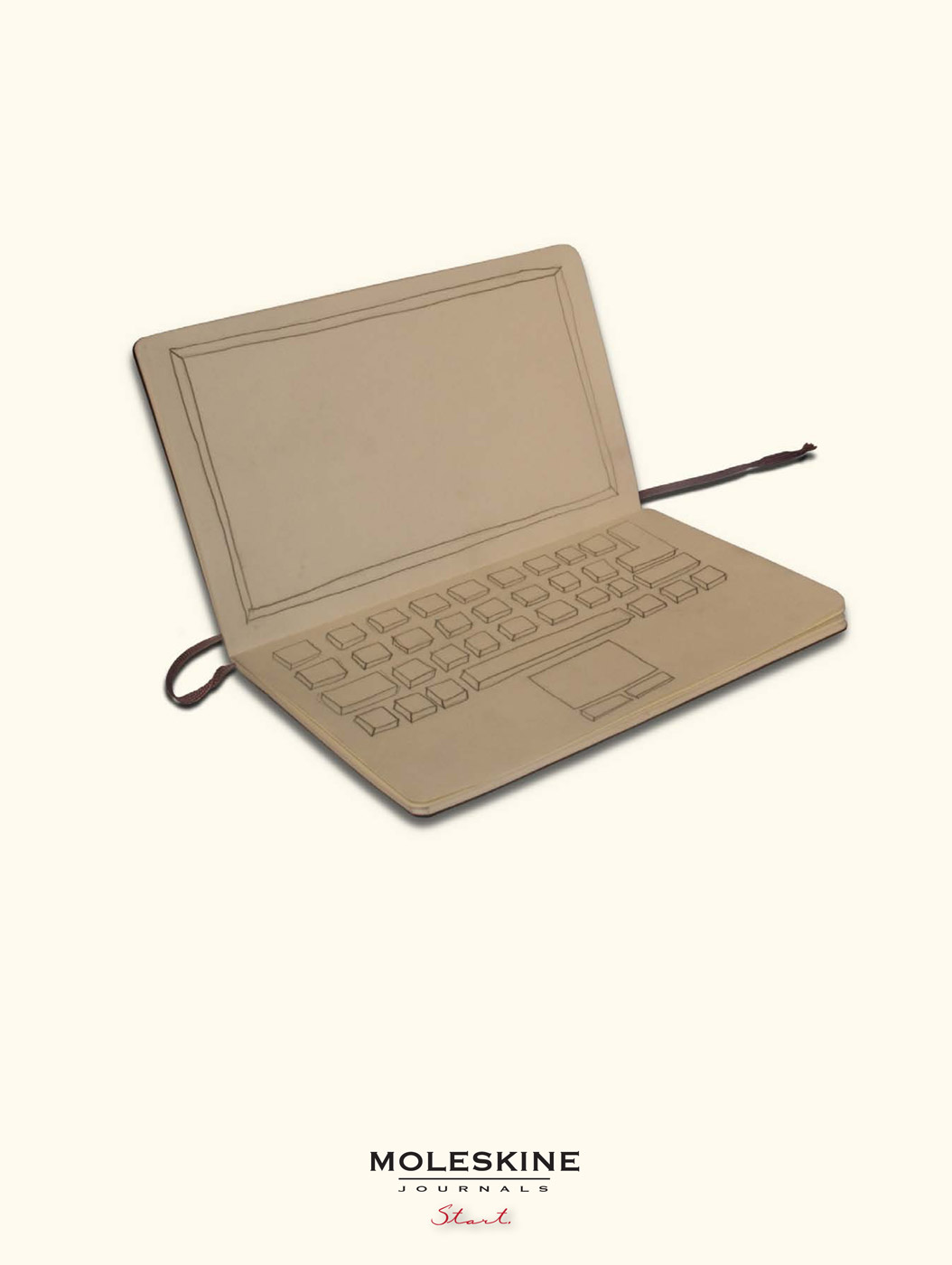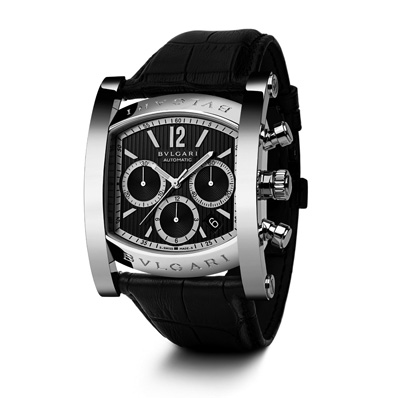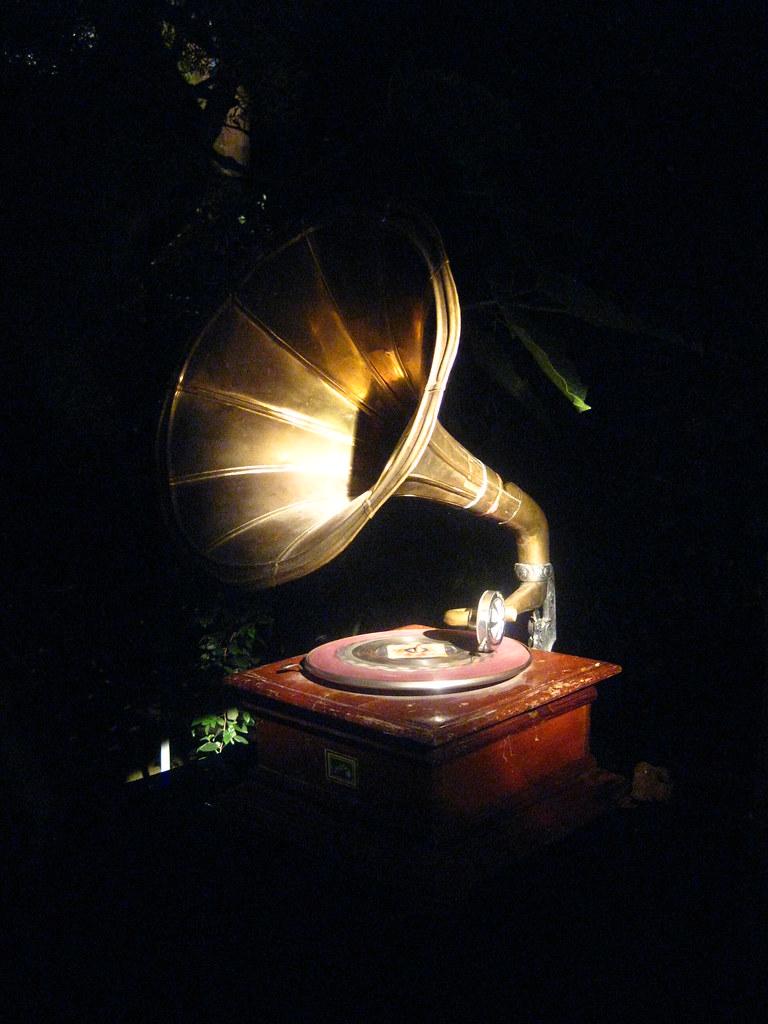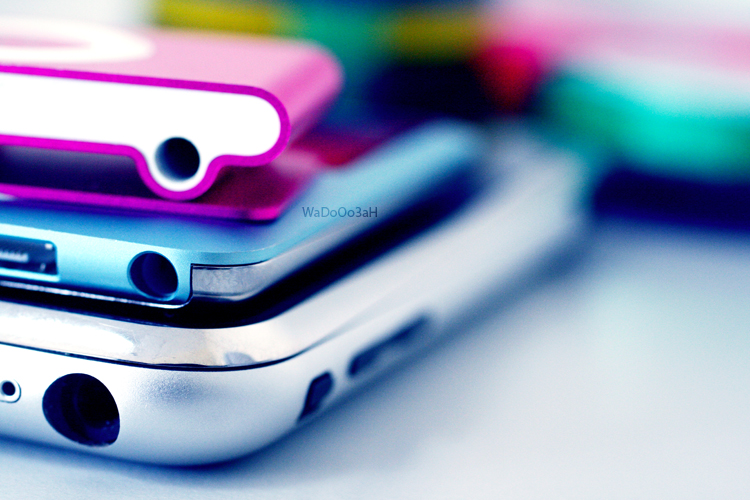Hey there, welcome to Analog Senses.
First, let me tell you what this is all about, FAQ-style:
Who are you?
My name is Álvaro Serrano, I’m 26 years old and I am from Spain. I currently live in Madrid, where I’m working at Polytechnical University of Madrid (UPM), developing software for Biomedical Engineering applications.
I got my MSc degree in Telecommunication Engineering from UPM last year, with Bioengineering and Telemedicine as my major. I’m also enrolled in a post-graduate program in Bioengineering and Telemedicine in the same university so, as you can imagine, I don’t get bored much.
I like reading, drawing, going to the movies a lot and listening to music. I’m a Mac user and my favorite sport is tennis (big-time Federer fan). I’m also a proud Spaniard, which means whenever I’m not at work or in class, I’m probably out with friends enjoying the fine Spanish weather or having a few beers (we call them cañas).
If you want to know more, you probably are a bit too curious. Shoot me an e-mail and I’ll be glad to answer any questions you may have. You can reach me on contact@analogsenses.com, or on Twitter: @analogsenses.
So, what is this all about?
I consider myself a creative person. Not necessarily an artsy type or anything like that, but ideas have always come to me about a lot of things I could do, paint, write or say. Up until a few months back, my plate had been mostly full with my studies and the rest of the stuff I was going through. Now, however, for the first time in years I find myself out of excuses not to do something about those ideas. And so here we are.
This is a formal attempt to capture some of those ideas and reflections and let them out of my head. Sometimes I will write something, others it will be a picture or a drawing, a good quote that got me thinking or a link to a cool website or post that I have seen elsewhere but that you should totally check out.
I will probably write about many things, because that is the nature of my thinking process: I don’t usually focus on just one topic, but rather a few ones that are important to me. Among the posts here you will find stories about the Internet, technology in general and Apple in particular, productivity, minimalism and whatever I may be up to (movies, songs, books, etc.). Occasionally you may have to bear with some tennis-related posts, but I will do my best to keep them under control, as I understand they may be a little off-topic. But I know myself, and I know I won’t be able to resist if there’s a big event going on, specially if Federer is playing.
OK, but what’s with the analog thing?
To be perfectly honest, I just thought it sounded cool, and the domain was available :-P
Kidding aside, it seemed like a good way to indicate that this is not a technical blog, even though it may include posts about technology. Hence the analog, as opposed to digital. Rest assured, I will not use Geek language here (well, let’s just say not much Geek language) or get lost about how many hours it took me to compile the code of the application I’m working on. My purpose is to make every post readable by as many people as possible. I want to write in a way that it doesn’t matter if you are an engineer, a musician, a nurse or a sportsman, you will be able to find something here that piques your curiosity and hopefully, your interest.
Also, Analog Senses is meant to let readers know that this blog will talk about various different things, that it is essentially a window through which we can look at a digital world, from an analog perspective.
How often will you be posting?
The posting schedule will not be fixed, but it is my intention to add at least one new text post every week, even though so far I’ve been failing miserably in doing so. Aside from that, there may be links, pictures, quotes or brief messages. I am perfectly aware that time is an increasingly precious thing in a world that moves faster every day, so I promise you that I will not waste yours with senseless posts. I will only write when I have something to say that I believe adds some value to the blog. This is my commitment to you. If you ever feel that I have lost my way, please write me up and let me know what you think.
Wait a second… if you’re from Spain, why the hell do you write in English?
I know, I get this a lot. Well, there are various reasons why I chose to write this blog in English. First and foremost, I believe that English is the natural language of the Internet. The reason why anyone writes a blog and puts it out there is so that their content reaches the maximum number of people, and I believe English will provide me with a better way to do so.
Second, some if not all of the topics I will cover here are far more popular in the English-speaking world than they are in Spain (take Apple, for example). While this may be debatable, it is my opinion and ultimately my choice.
Third, I’m lucky enough to be able to write decent English. My intention is to let the content speak for itself, and I hope that my writing is not a problem for anyone. Of course, I accept and welcome criticism and corrections, so if you ever see a blatant error anywhere, please let me know so I can learn from it and correct it immediately. Thanks.
And last but not least, for some reason I find it easier to write in English sometimes. It’s as though thinking in a foreign language helps me to narrow down my chain of thought and focus on whatever it is I want to say. Weird as that may be.
Well, I guess that’s enough for the first day. Welcome aboard, I really do hope you enjoy your stay.
Cheers,
Álvaro.
